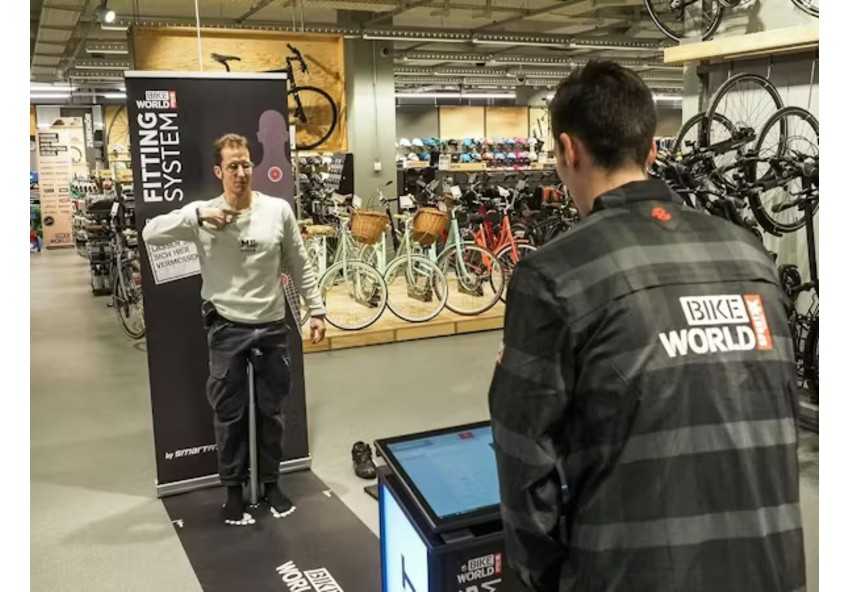NORTH-SOUTH COLLABORATION

The widening economic gap between the developing countries, most of which are located in the Southern hemisphere and the developed countries in the Northern hemisphere, threaten the peace and prosperity of the world. We need to create economic and social solutions that allow for the well being of all.
North-south disparities are especially a threat for prosperity due to the climate crisis. The ratio between the income of the richest and poorest 10% of the global population is 25% larger than it would be in a world without global warming.
- The world’s richest 1% have more than twice as much wealth as 6.9 billion people.
- The bottom 40% earned less than 25% of income.
- Almost half of humanity is living on less than 5.50$ per day.
- While the world’s richest 10% cause 50% of emissions, they also claim 52% of the world’s wealth.
- The world’s poorest 50% contribute approximately 10% of global emissions and receive about 8% of global income.
- Poor people in developing countries will feel the impacts first and worst and already are.
Under a low-impact climate change scenario where powerful mitigation and adaptation strategies are successful, between 3 million and 16 million people will fall into poverty by 2030 because of climate change. Under a high-impact scenario, those figures could rise to between 35 million and 122 million. Nature provides direct sources of food and ecosystem services supporting agricultural activities and contributing to food security and nutrition, fighting climate change is crucial to eradicate world hunger.
The history of colonization of southern countries and climate change requires systemic change of northern systems to enable equally fair opportunities in the south. This implies to not copy the lifestyle and values of northern or western countries onto other parts of the world, but to embrace equity in community-based collaboration across borders through productive, equitable mutual exchange of resources and expertise.




